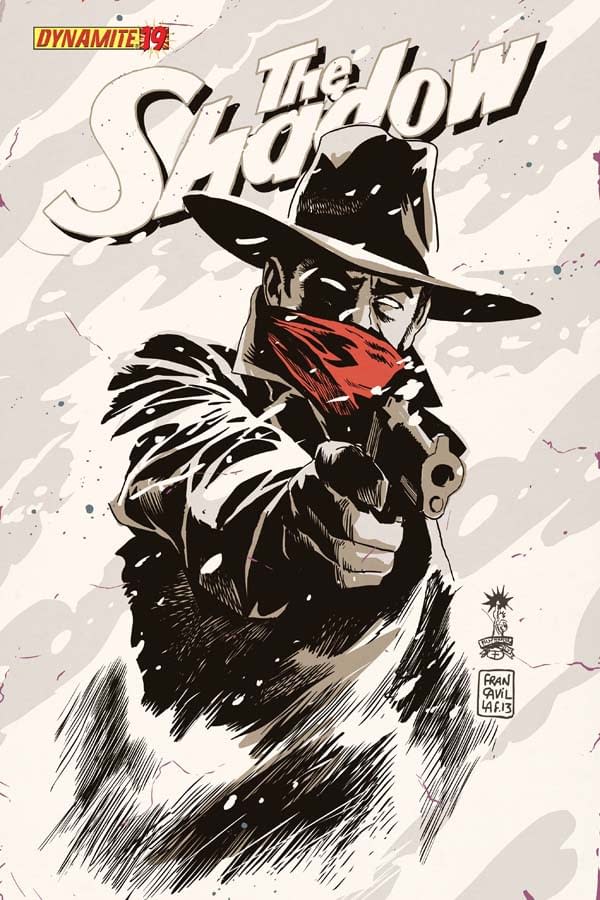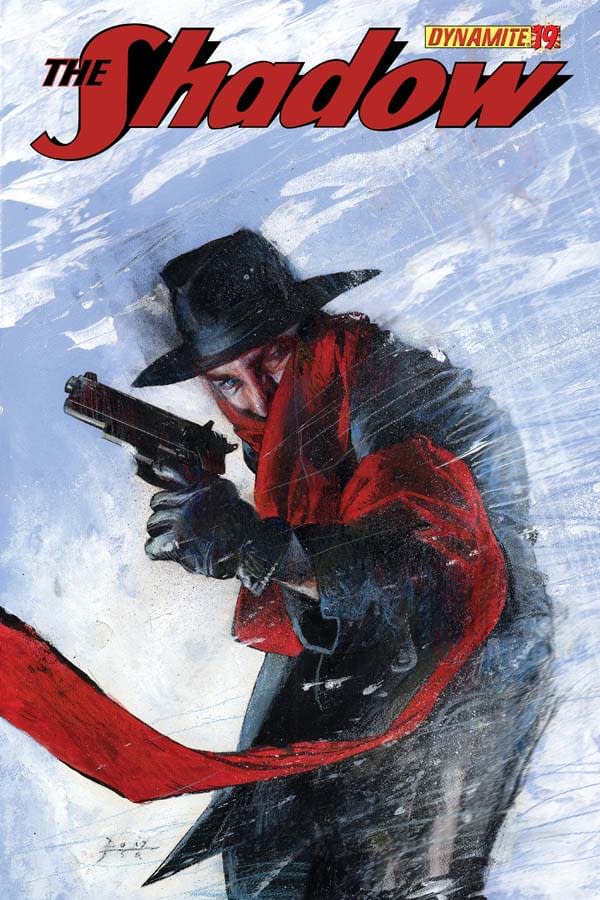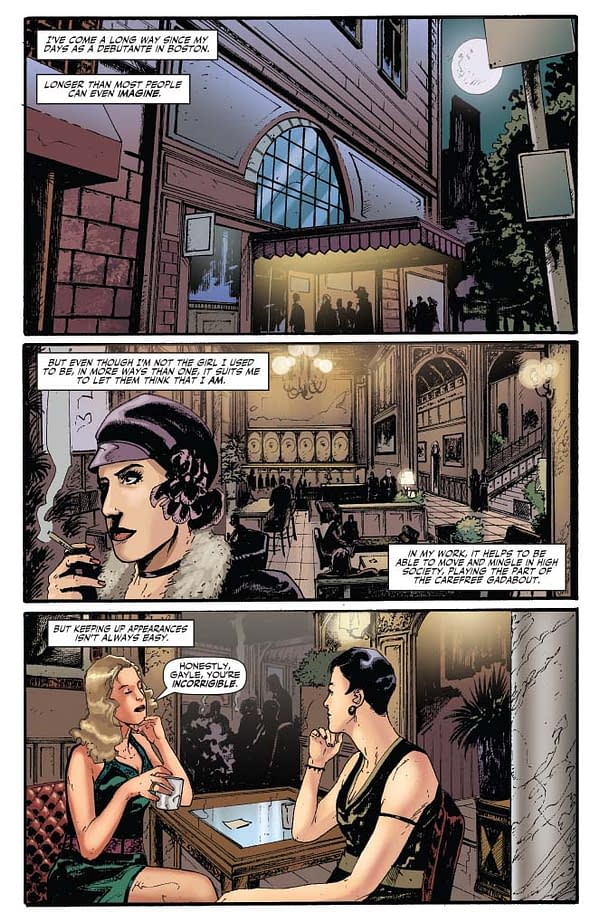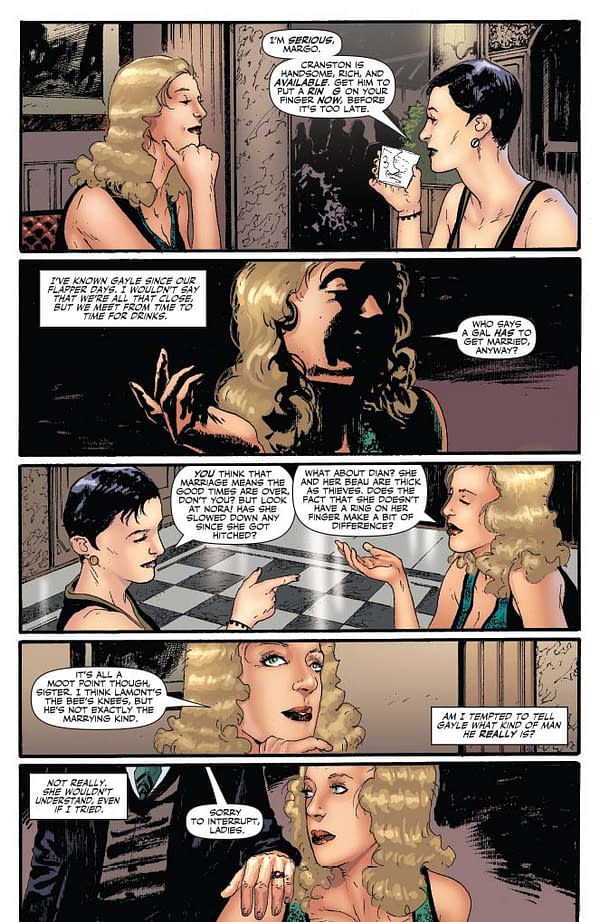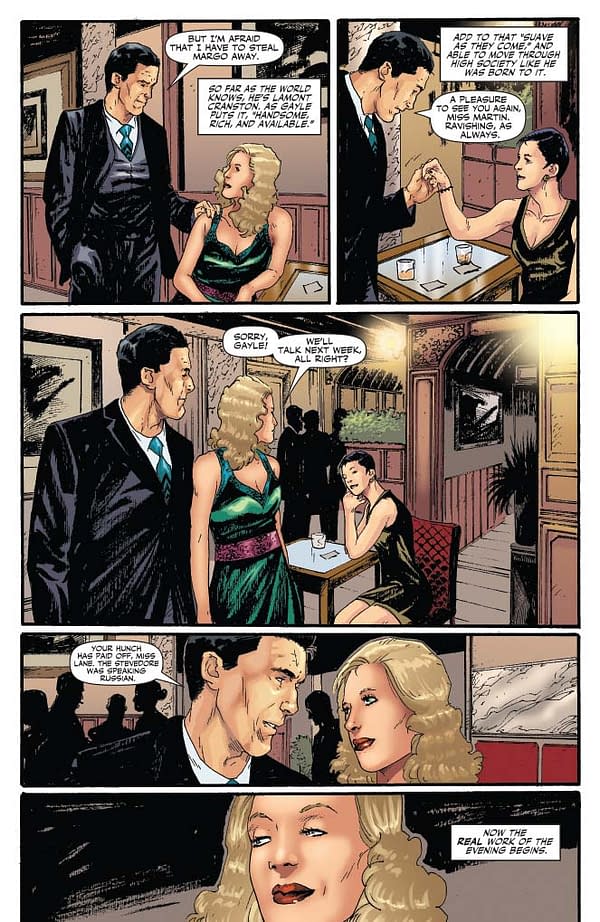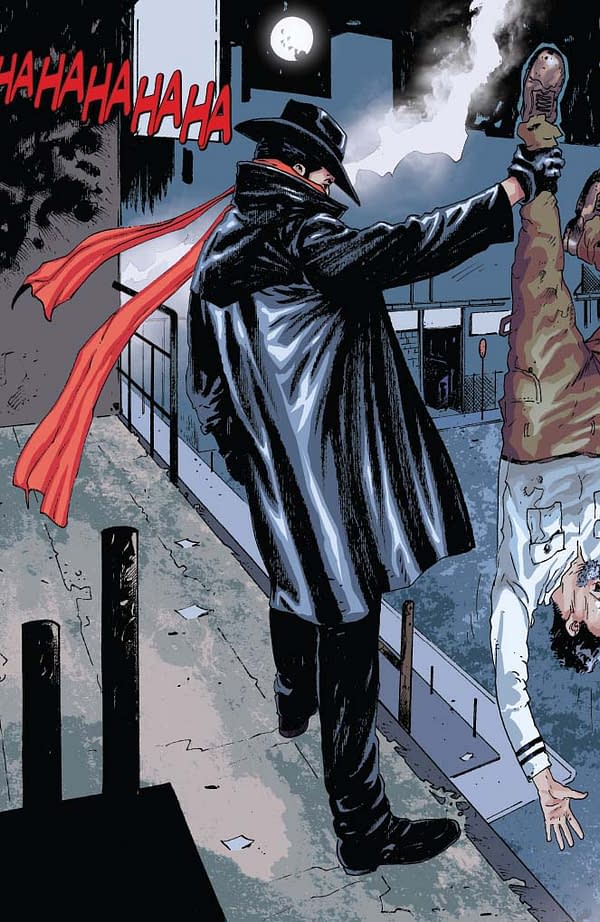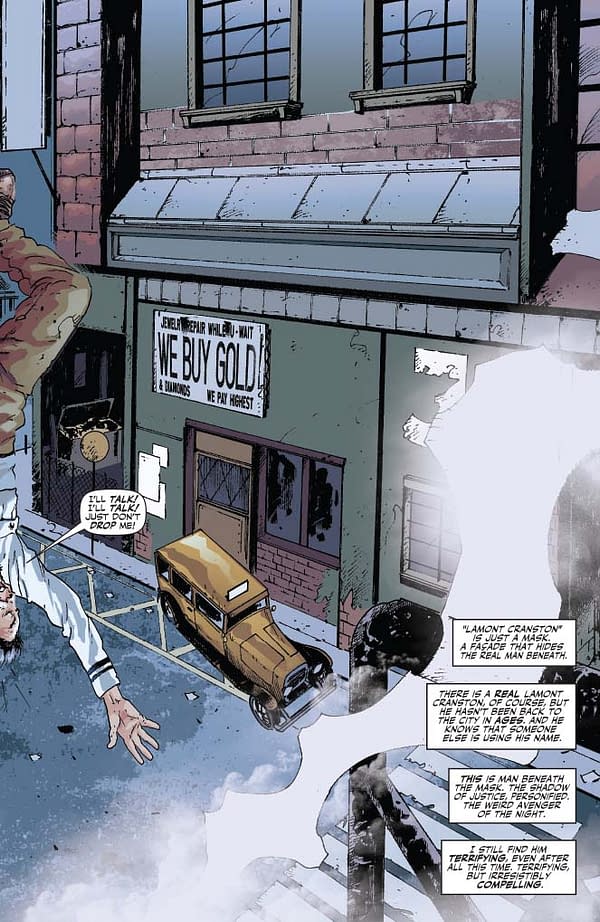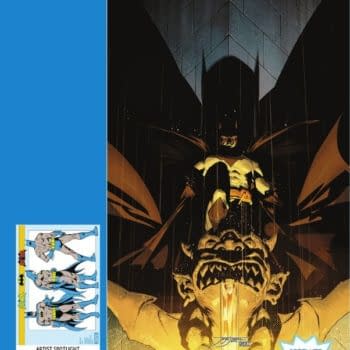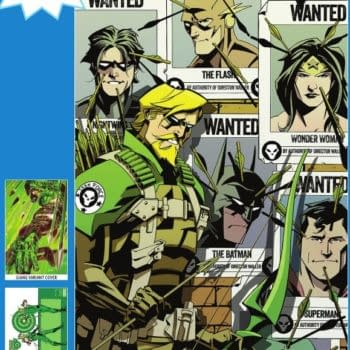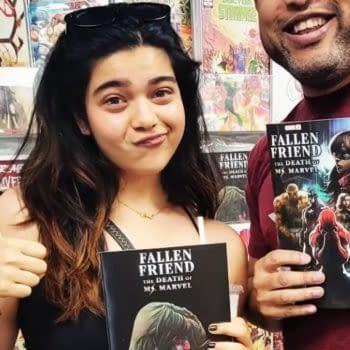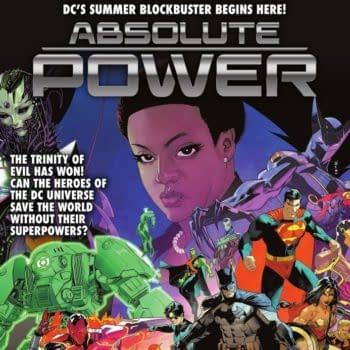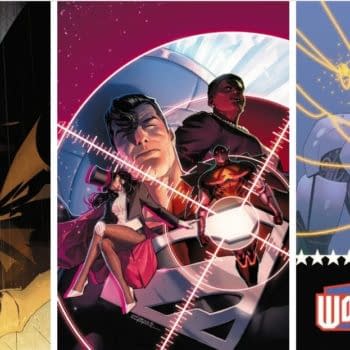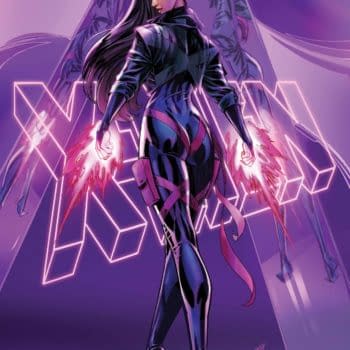Posted in: Comics | Tagged: chris roberson, Comics, Dynamite Entertainment, jim zub, the shadow
Chris Roberson Talks With Jim Zub About The Shadow And His Batman-Influencing Role As The Original Dark Vigilante
Chris Roberson was raised in the 70s, but was constantly exposed to the pulp heroes of the previous generations. Jim Zub talked with him about The Shadow and taking the character out of his familiar urban setting.
JIM ZUB: Given the long history of the character it may seem odd, but how would you sum up The Shadow for readers who have never read it before?
CHRIS ROBERSON: The Shadow is arguably the first and greatest of the "dark avenger" vigilante types, who lurked in darkened alleys with a slouch hat and twin .45s dispensing justice, all with the aid of a network of able assistants who served him unquestioningly. He appeared on radio, in pulp magazines, in film, comics, you name it. And for comic fans who might not be familiar with him, it's probably worth pointing out that the Shadow was arguably the single biggest influence on the creation of Batman. So there!
JZ: What storytelling elements draw you to the pulp genre in general and the Shadow in particular?
CR: There's something about the lack of pretense with so many of the pulp characters. They are often long on action and excitement and short on introspection and characterization, but that's part of the appeal. When I was a kid in the 70s, we were at the tail end of a big resurgence in pulp novels and old time radio that had started in the 60s with adults who were nostalgic for their own childhood entertainments, but what it meant was that I got to have this incredible second-hand childhood. I had all of the great stuff being produced for me at the time (LAND OF THE LOST, anyone?), but also the best of the stuff created for my parents' generation, or even my grandparents'. But I think it's no accident that so much of the most successful entertainment that was produced in the 70s, from STAR WARS to RAIDERS OF THE LOST ARC, were enormously influenced by the pulp novels and movie serials and old time radio that the filmmakers had grown up enjoying themselves.
JZ: What was your first experience with the Shadow – the radio plays, novels, movies, or something else?
CR: I know that I must have seen the character on the covers of paperback novel reprints early on, as they were ubiquitous, but I think the first time I ever got a handle on the character himself was listening to old Shadow radio shows that were rerun in the Dallas area when I was a kid. My dad introduced me to those, along with old Flash Gordon film serials and stuff like that, making sure that I had an education in the classics, as it were!
JZ: The Shadow is traditionally an 'urban' character, but this story has him tackling threats in the jungle and mountains. How tough was it making the premise work in those unusual settings?
CR: It was actually the appeal of this storyline, to take the character out of his typical setting and see how he functions elsewhere. But I'll point out that just because the Shadow was typically an urban character, his activities in the original pulps weren't restricted to the big city. Walter Gibson wrote at an alarmingly fast clip, but one of the ways he did so was by building each new Shadow story out of whatever he happened to be interested in at the moment, or even the places he was. So if Walter Gibson was on vacation in Miami, for example, the Shadow's next adventure would involve him taking a trip to Miami.
JZ: How much research do you do on a globe-trotting story like this?
CR: Probably more than necessary. I'm more than a little obsessive about that kind of thing, and have a tendency to day way more research than I actually need. But that's part of the fun of it, a kind of problem solving exercise. I usually start with a very basic idea ("Murder Mystery in Tibet," for example), but it's not until I really dive in and start to do the research that the story comes into focus in my head, because it's actually being formed layer by layer by all of these little bits of interesting historical trivia that I'm discovering along the way.
JZ: How tightly do you write your comic stories – Are they full script with panel counts and detailed descriptions or more outline-style for the artist?
CR: A little closer to the former. I tend to leave the details of layouts and perspectives and the like to the artist, but I might call for a "big panel" or a "small inset." But depending on the circumstance, I might include a lot of visual reference images at the bottom of the script, particularly if the story is set in a real place or at a precise historical moment. And in this storyline, there has been a great deal of visual reference for every issue, I can assure you!
JZ: Do you have any particular writing habits or routine?
CR: My routine is that I drop my kid off at school, and write until it's time to pick her up in the afternoon. And I tend to do a script a week, or three every two weeks if the need arises. Other than that, my habits tend to differ from project to project. The way that I approach something like EDISON REX, my collaboration with Dennis Culver, is completely different than the way I work on a character with a long history like the Shadow.
JZ: What other projects, comic or otherwise, have you got on tap for 2014?
CR: More EDISON REX from Monkeybrain with Dennis Culver. I'm writing an ALIENS miniseries for Dark Horse with art by Patric Reynolds. As for stuff I'm doing with Dynamite, I'm probably most excited about DOC SAVAGE, which starts up in December of this year, with interiors by Bilquis Evely and covers by Alex Ross and John Cassaday, because that one is SUPER fun to work on!
The Shadow #19 is on sale now.




